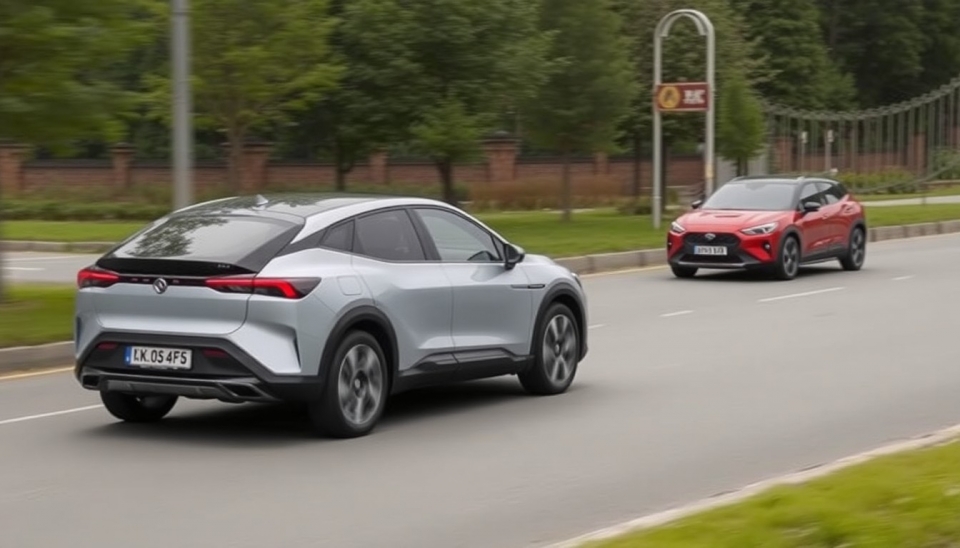
In a stark illustration of the shifting tides in the global electric vehicle (EV) market, China's exports of electric cars fell dramatically in February 2025, posting an 18% year-on-year decrease, totaling 92,625 units. This marked a notable decline from the previous year's figures, raising concerns about the competitive landscape for Chinese automakers who have increasingly relied on international markets for growth.
The downturn in exports can be attributed to a confluence of factors. Firstly, intensifying global competition in the EV segment has contributed significantly to this decline. Leading companies from various countries, including established automakers and emerging players, are ramping up their production and posing stiff competition to Chinese brands. As a result, Chinese manufacturers are facing hurdles in maintaining their market share abroad.
Moreover, the fluctuations in demand from key markets have also played a role. Europe, once a vigorous market for Chinese EVs, has seen disruptions due to changing consumer preferences and regulatory frameworks that favor local production. The ongoing geopolitical tensions and trade disputes have further complicated the landscape, pushing some countries to promote homegrown initiatives and prioritize local manufacturers over imported vehicles.
Adding to the woes of Chinese EV exporters, domestic demand had shown signs of cooling amid an economic landscape that has not been uniformly favorable. As potential customers reconsider their electrification plans in light of various factors, including price sensitivity and the cost of living, this trend has inevitably impacted the output and sales international manufacturers can achieve.
Industry analysts highlight that the decline in exports does not necessarily spell doom for Chinese EV manufacturers. Many companies are pivoting to focus on developing innovative technologies and enhancing their domestic offerings, anticipating a potential rebound in global demand. There's also a growing emphasis on sustainability and electric vehicle infrastructure, which could reinvigorate hopes for a turnaround.
Nevertheless, the significant drop in exports serves as a wake-up call for stakeholders in the industry. It underscores the necessity for Chinese automakers to innovate continually and adapt to shifting global dynamics. As they face increasing scrutiny and competition, the path forward will require strategic foresight and investment in both technology and market positioning.
In conclusion, while February's statistics may paint a bleak picture for Chinese EV exports, the evolving market landscape offers both challenges and opportunities. As the industry adapts to the pressures from both international competition and local economic shifts, the outlook remains uncertain yet full of potential for resilience and growth.
#ChinaEV #ElectricVehicles #EVMarket #ExportDecline #GlobalCompetitiveness #Sustainability #AutomotiveIndustry
Author: John Miller



